Disruptive models of engineering education
On 7-9 November 2016, six international experts convened to discuss the disruptive models of engineering education. It was followed by a keynote address by Professor Christine Ortiz.
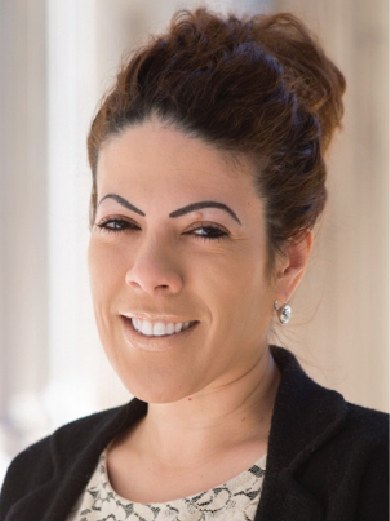 |
Christine Ortiz Former Dean of Graduate Education, Massachusetts Institute of Technology Prof. Christine Ortiz has recently stepped down from her post as Dean of Graduate Education and Professor in the materials science department at the Massachusetts Institute of Technology (M.I.T.). Her new role is to found a non-profit university with a new model for research-led, problem-based learning. |
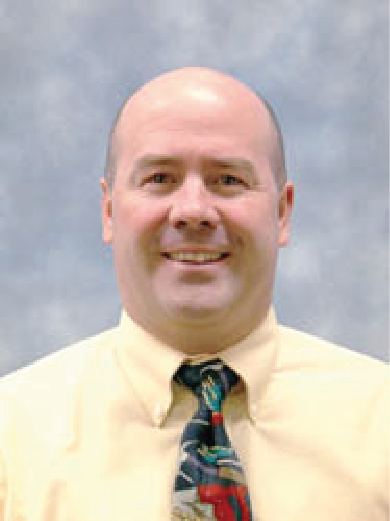 |
Ron Ulseth Director, Iron Range Engineering Ron conducts research in engineering education and is Director of the innovative Iron Range Engineering program. Iron Range uses sponsored projects whereby the sponsor proposes and mentors an educational project, and then employs students as interns or graduates on program completion. It recognizes that a balance of intellectual property value exists between the definition of the problem to be solved (project sponsor) and the solution(s) to the problem (Iron Range Engineering students). To this end, Iron Range Engineering seeks a long-term relationship with project sponsors whereby mutual benefit is the driving force behind each project. |
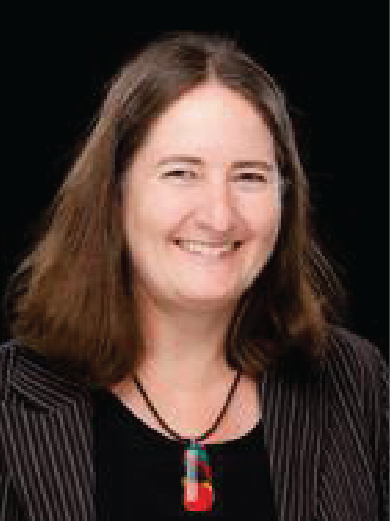 |
Sally Male Senior Research Fellow, School of Electrical, Electronic and Computer Engineering, University of Western Australia Sally undertakes research in engineering education, higher education, and women in engineering, with numerous projects completed to improve engineering curricula and gender inclusivity in engineering and computing. Her ambition, that which motivates her research and activities, is to give engineering students the best possible opportunity to develop their capabilities, strengthen their personal qualities, and contribute their professional leadership to the general benefit of society. |
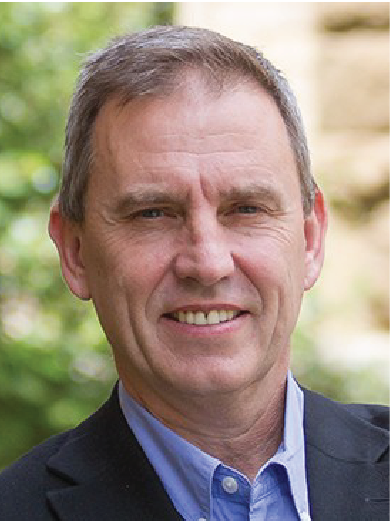 |
Peter Binks CEO, Business Higher Education Round Table Dr Peter Binks is the CEO of the Business Higher Education Round Table. He has a DPhil from Oxford University in Theoretical Physics, and worked with McKinsey & Company, BHP Pty Ltd, and Telstra Corporation. He was CEO of Nanotechnology Victoria, the General Sir John Monash Foundation, and the Garnett Passe & Rodney Williams Memorial Foundation prior to his current role. He also serves as the Chairman of Advanced Nano Technologies, and sits on the Advisory Board of In2science. |
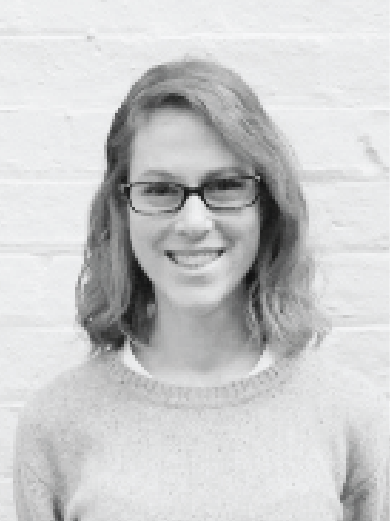 |
Phoebe Downing Senior Associate, Learning First Phoebe’s work at Learning First focuses on strategic school leadership development and system reform for improving student achievement. Her specific project focus is on the reform histories, policies and current practices of strategic school leadership development in high-performing systems, including Canada, Singapore and China, as well as Australia and the UK. Prior to Learning First, Phoebe worked as an international consultant with the International Trade Centre, Geneva. Phoebe has a strong higher education research background, having studied and/or taught at universities in Australia, Russia, Denmark and the United Kingdom. She holds a PhD and Masters from the University of Oxford, where she was funded by the General Sir John Monash Foundation. Phoebe lectured for Balliol College, Oxford, and is an Associate Fellow of the Higher Education Academy of Great Britain. |
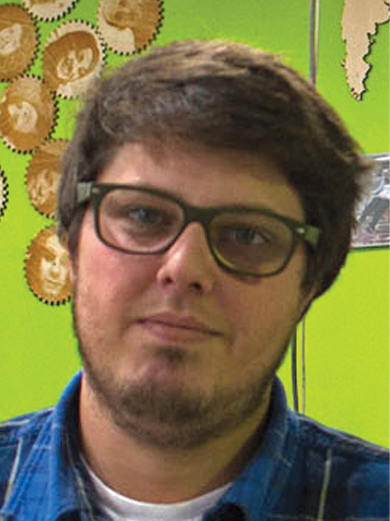 |
Luciano Betoldi, FabLabs Luciano is the International Operations Director at Fab Foundation / Fab Academy. A trained industrial designer, Luciano has lived in Barcelona since 2002 and joined the Barcelona FabLab in 2010. He moved to Massachusetts in 2016 to lead the international deployment of the Fab Lab network. |
The international experts listed above were joined by industry representatives from Arup (Craig Gibbons and Lisa McMillan), the UQ Civil Engineering Head of School Jose Torero, academics (Erik Meyer, Paolo Tombesi, Joe Gattas, Alistair Grinhan, Cristian Maluk, Homero Murzi, and Kevin Sevilla), and graduate and undergraduate students (Richard Emberley, Lachlan Hicks, Andrew Day, Nathaniel Deering.
Videos
The videos below summarise the activities of the workshop.
Workshop Summary Video (20 minutes)
